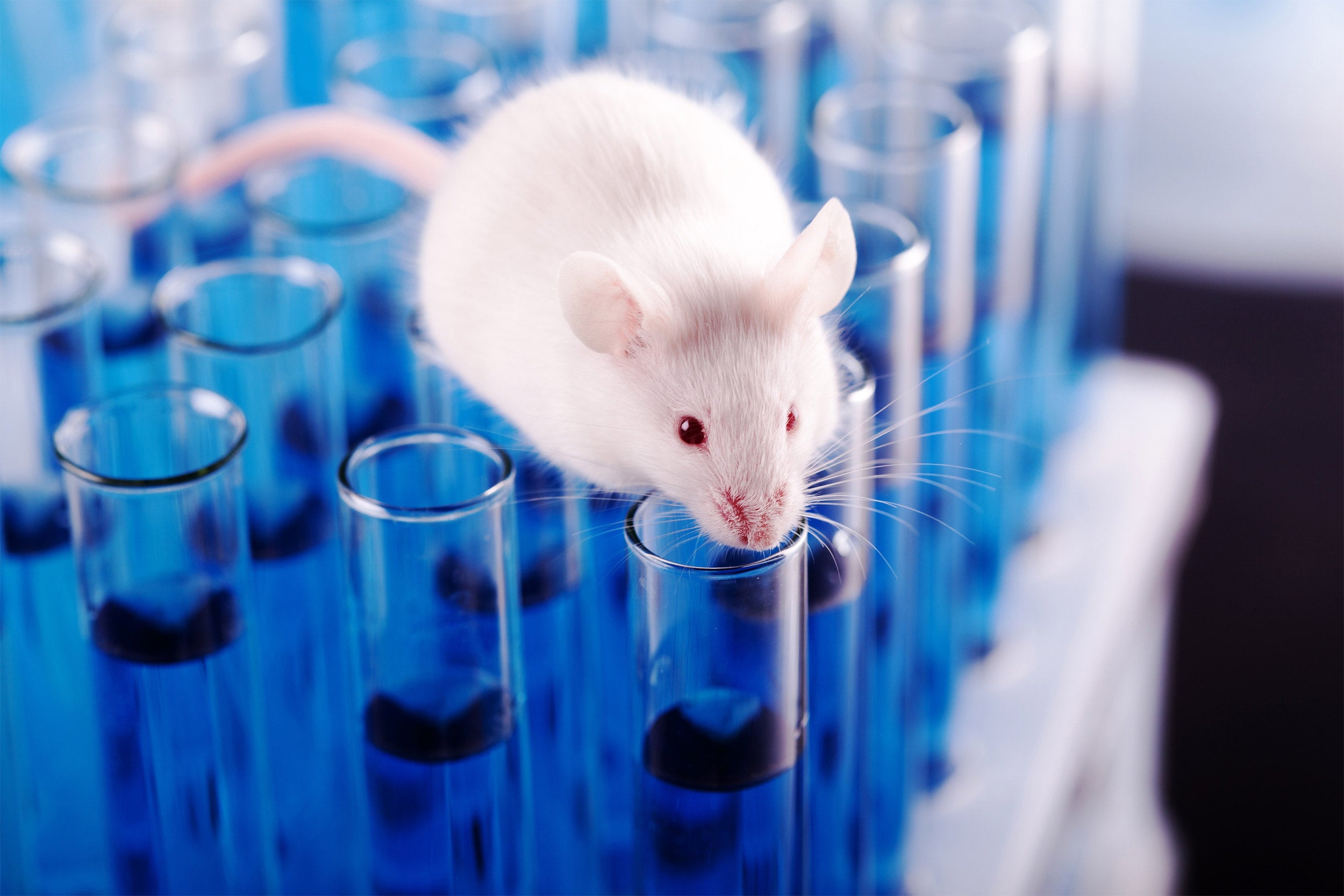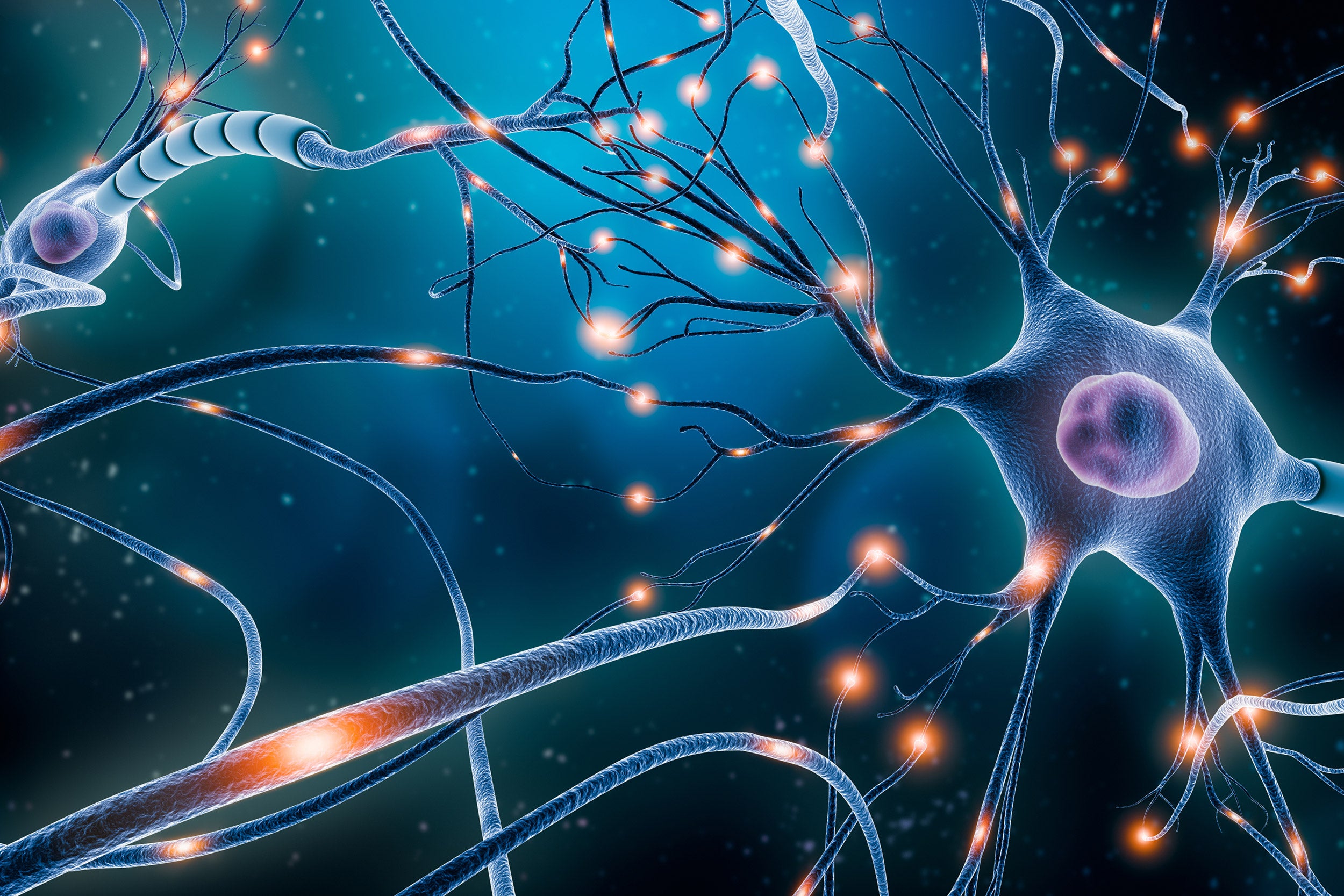Study confirms why we need female mice in neuroscience research
Researchers found that female mice, despite ongoing hormonal fluctuations, exhibit exploratory behavior that is more stable than that of their male peers, countering the belief that the hormone cycle in females causes behavioral variation that could throw off results.
March 8, 2023 • ~12 min
To stem coronavirus crisis, scientists forge ahead on 6 key fronts
The newly formed Massachusetts Consortium on Pathogen Readiness aims to address both the immediate and long-term implications of the coronavirus crisis. The effort, led by Harvard Medical School, will work to stem the tide of COVID-19 but, more importantly, to lay the groundwork for dealing with future pandemics.
April 1, 2020 • ~11 min
Carrot-and-stick system appears to slow growth of health costs
Study led by Harvard researchers finds that a long-term trial of a capped-payment system encouraged preventative care and discouraged unnecessary spending
July 15, 2019 • ~7 min
Study: Capping medical residents’ hours doesn’t hurt quality of care
Hours of medical residents were capped at 80 per week in 2003 after a string of patient injuries and deaths, spurring fears that doctors-in-training would be less prepared for independent practice than before. A new study suggests their warnings were largely unjustified.
July 11, 2019 • ~5 min
Harvard scientists uncover key allowing deadly viruses to replicate
Scientists uncover a key mechanism that allows some of the deadliest human RNA viruses to replicate, and it resides in the tail end of the viruses. The findings identify new targets to inhibit viral replication and may inform the development of a new class of antiviral drugs.
May 17, 2019 • ~5 min
Harvard undergrad’s AI model helps to predict TB resistance
A Harvard undergrad, working with Harvard Medical School scientists, has designed an artificial intelligence model that predicts tuberculosis resistance to 10 most commonly used drugs. The new model outperforms previous machine-learning tools, and incorporating it into clinical tests could dramatically enhance early detection and prompt treatment of drug-resistant TB.
May 2, 2019 • ~11 min
Harvard Medical School develops AI to see visual cortex’s preferences
New computer program uses artificial intelligence to determine what visual neurons like to see. The approach could shed light on learning disabilities, autism spectrum disorders, and other neurologic conditions.
May 2, 2019 • ~5 min
/
2




